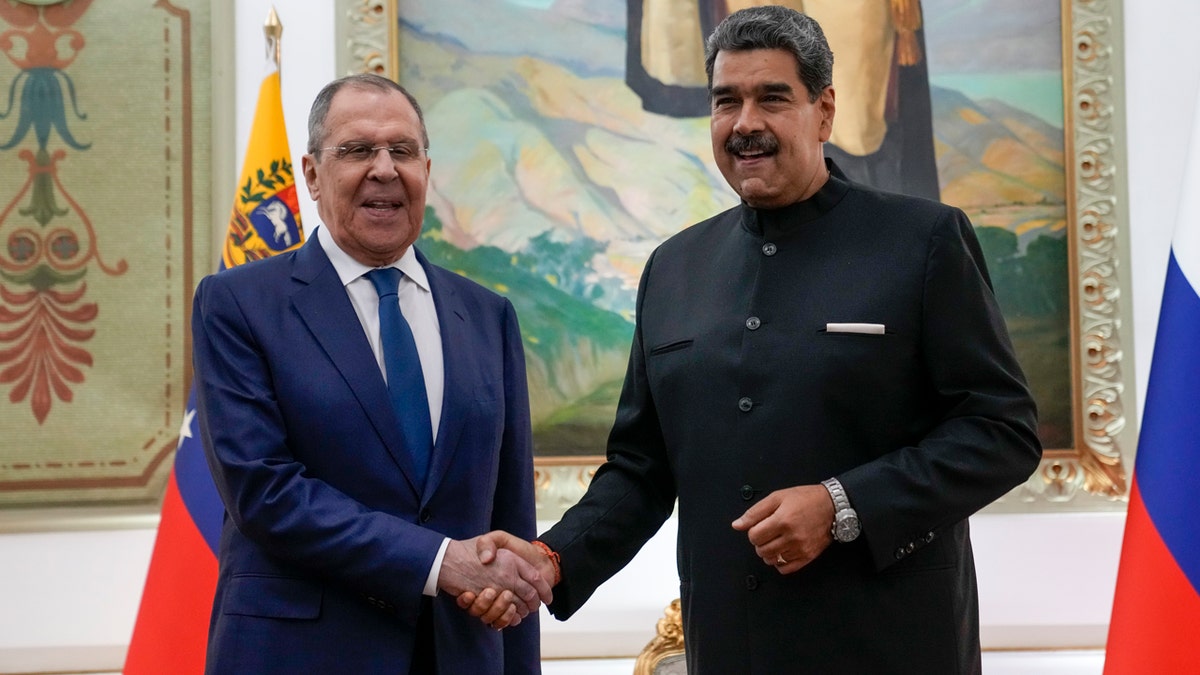Fox News Flash top headlines for February 20
Fox News Flash top headlines are here. Check out what's clicking on Foxnews.com.
Russian Foreign Minister Sergei Lavrov reaffirmed Tuesday his government’s support for the administration of Venezuelan President Nicolás Maduro, expressing commitment to strategic cooperation in numerous sectors, including technology, energy and culture, during an hours-long visit to the South American country.
Lavrov’s meetings with Vice President Delcy Rodriguez and Foreign Minister Yván Gil in the capital, Caracas, took place as Venezuela's government and a U.S.-backed faction of the opposition continue to negotiate conditions to level the playing field ahead of this year’s presidential election.
VENEZUELA CLOSES LOCAL UN HUMAN RIGHTS OFFICE, GIVES STAFF 72 HOURS TO LEAVE
During the difficult negotiation process, which started in 2021 and has been guided by Norwegian diplomats, Russia has completely backed the Venezuelan government.

Russian Foreign Minister Sergei Lavrov, left, shakes hands with Venezuelan President Nicolás Maduro in Caracas, Venezuela, on Tuesday, Feb. 20, 2024. (AP Photo/Ariana Cubillos)
Unconditional Russian and Chinese support has allowed Venezuela to circumvent crippling economic sanctions, imposed primarily by the U.S.
Lavrov told reporters Russia’s support of Maduro's representatives in the negotiations "remains in force." His second visit to Caracas in less than a year, which came after a stop at Cuba, was part of a three-country tour of Latin America. His next and final stop is Brazil, where he will participate in a meeting of the Group of 20 foreign ministers.
Gil said ongoing discussions with Russia include increasing the number of flights between both countries which are operated by Venezuela’s state-owned airline, as well as opening an insulin production plant equipped with Russian technology.
CLICK HERE TO GET THE FOX NEWS APP
"Venezuela and Russia are two countries that are victims on the international stage of the illegal, irrational, illegitimate application of unilateral coercive measures," Gil said referring to economic sanctions. However, he said, both countries "have woven a close relationship, a functional, structural relationship that allows us today to show concrete results to our people."





















